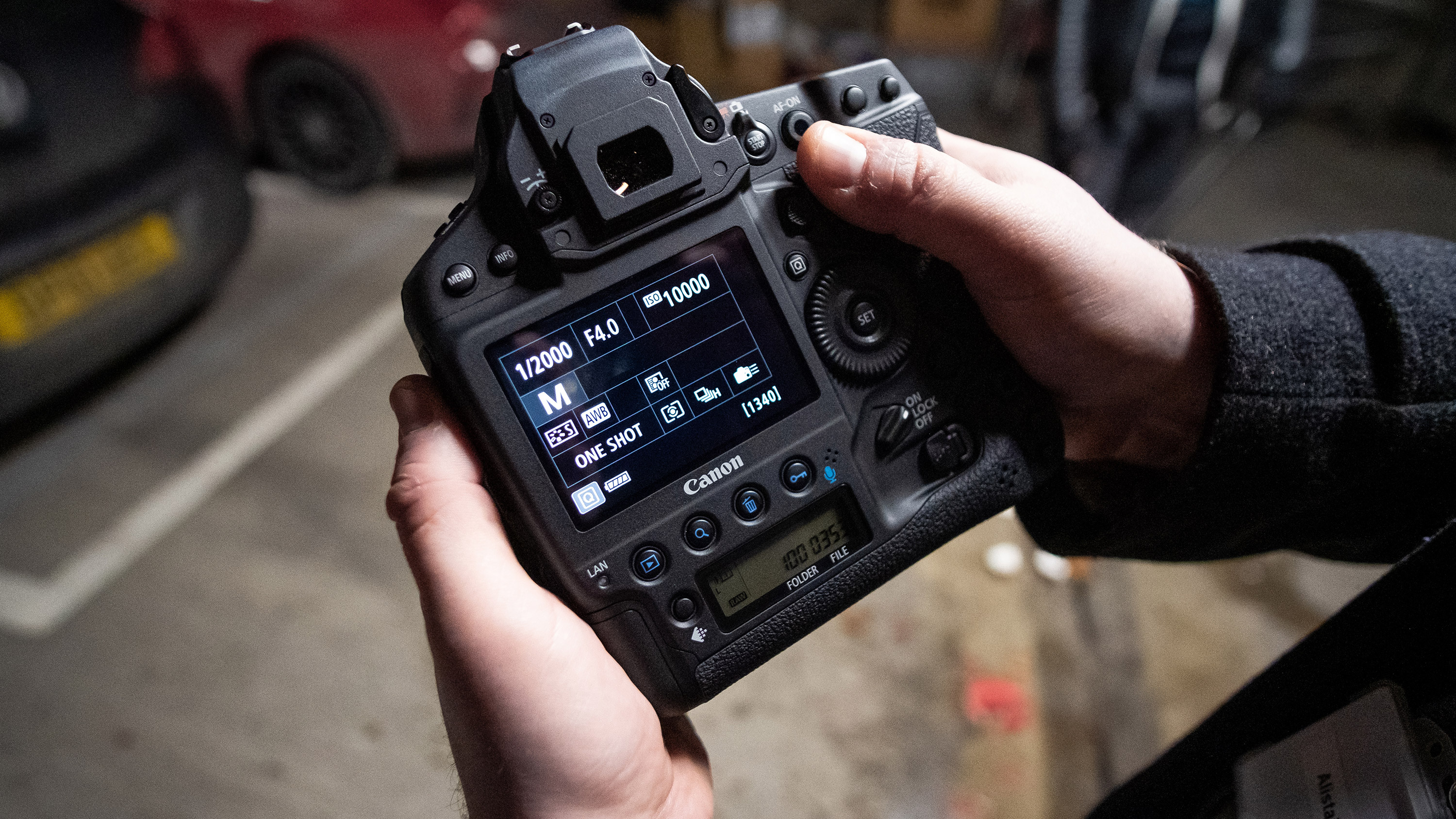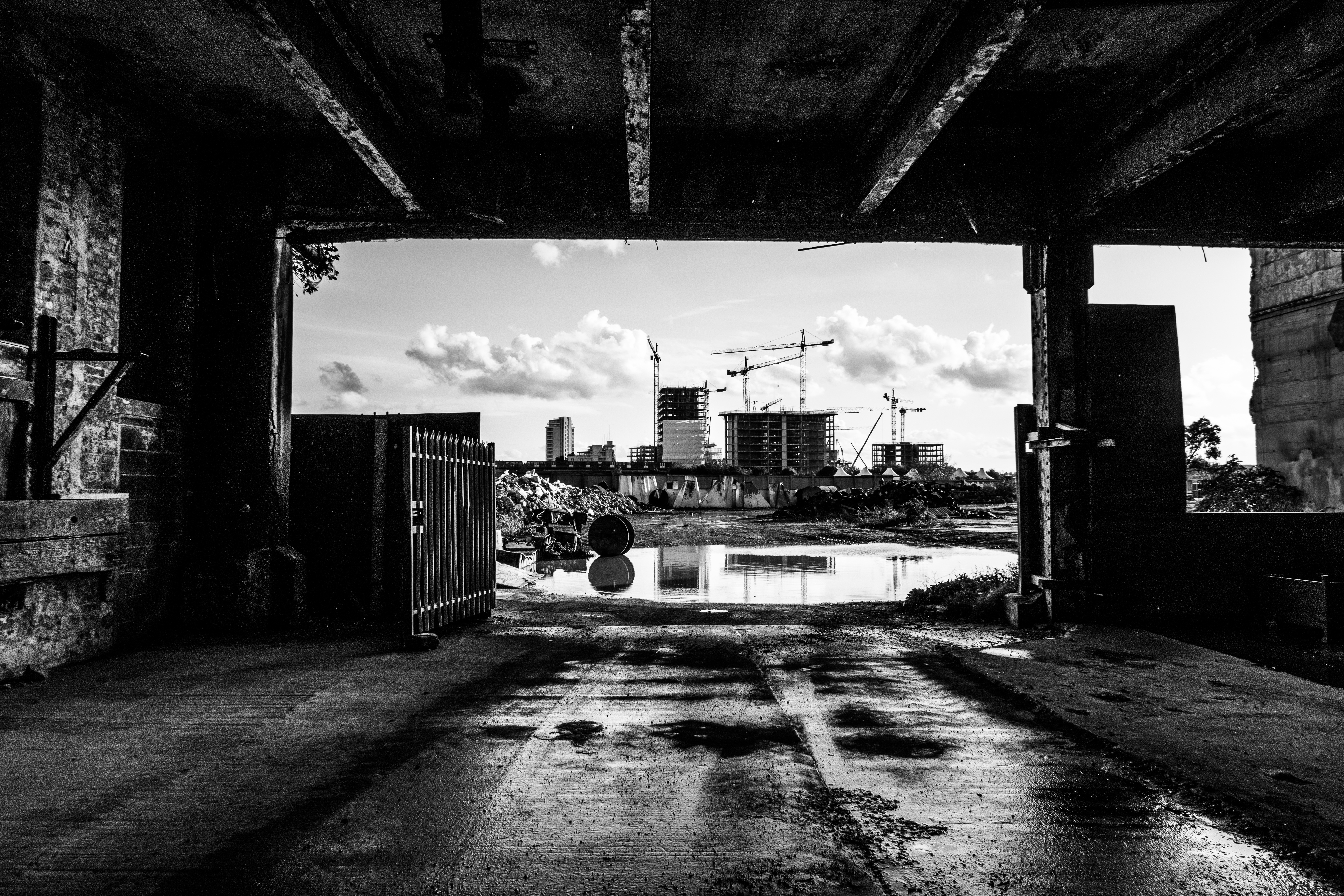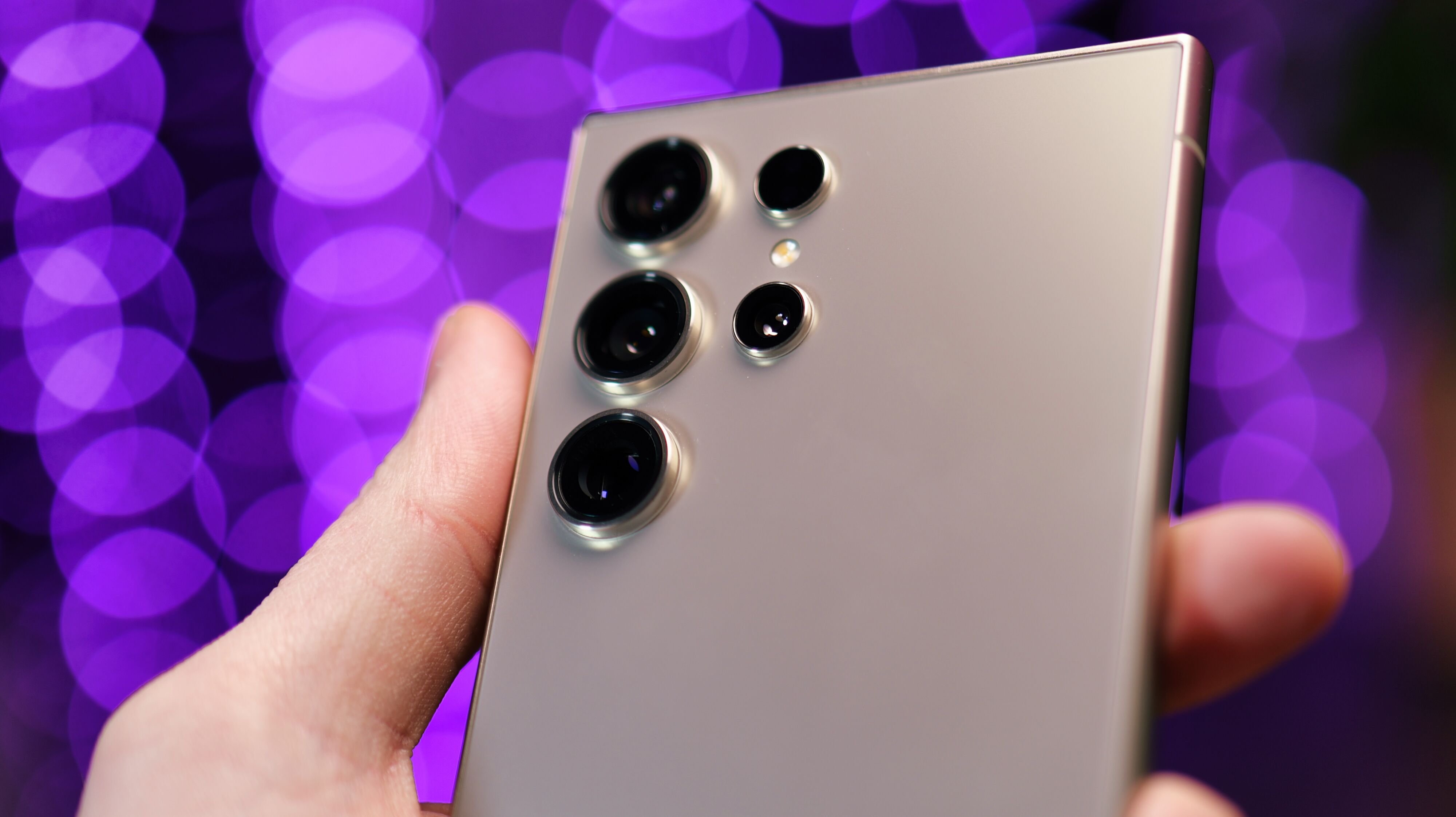So you’re a photographer. But are you an artist or a technician?
Or if you think photography isn’t art at all, then you should probably stop reading now
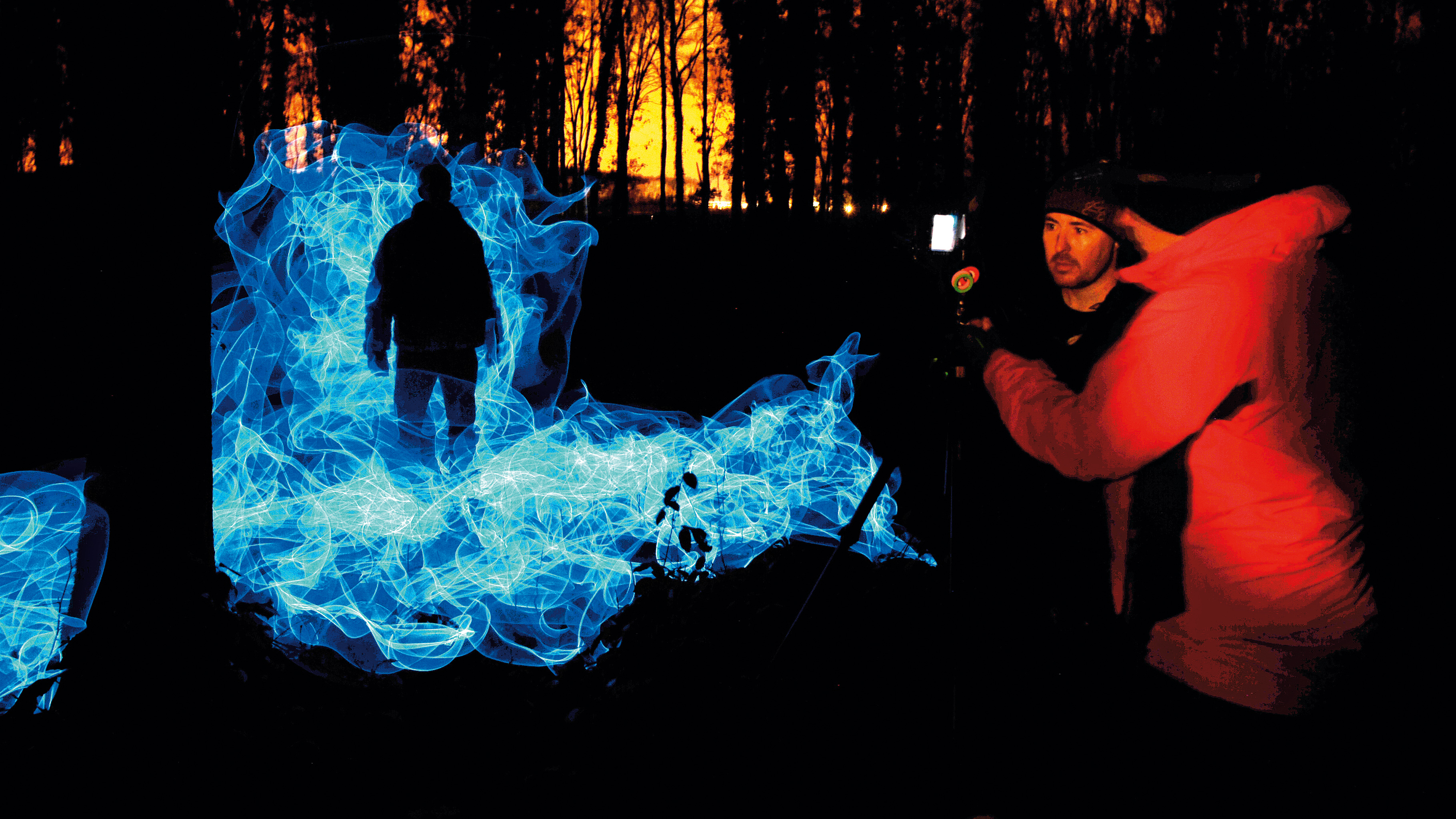
It’s easy to be a technician. It’s easier than being an artist, that’s for sure. To be a technically proficient photographer you just have to learn some science, memorize some controls and be systematic in everything you do.
However, the better you get at being a technician, the more of your attention it demands. And while you’re being a technician you’re not being an artist. And if you’re not an artist, why are you even doing this?
Of course, some of us are photographers for a living. It’s a trade. I get that. Your clients want a certain thing done in a certain way, you know how to achieve it, it’s a technical exercise and the job is done.
But while that kind of work may feed your bank balance, it doesn’t feed your soul. And, although they don’t know it, what your clients want is artistry, inspiration and a creative difference that inspires them too. (And if they don’t, maybe you need to change your clients.)
Being a technician is safe
There’s a darker side to this argument. Sometimes, being a technician doesn’t just distract you from being an artist. It becomes a substitute.
It means you get pleasure from cameras that tick all the boxes, not the ones that feel right in your hands. It means you enjoy pictures that get approval from others, and that becomes a replacement for your own.
We can tell you which we think are the best cameras for beginners, the best cameras for professionals and so on – but if only we could tell you which ones will unlock your own creative vision!
The best camera deals, reviews, product advice, and unmissable photography news, direct to your inbox!
As a photographer, it’s very easy to hide behind the technical side of photography. It’s science, you can learn it, you can prove it. And sometimes, for some photographers, that becomes enough in itself, and so much safer than sticking your neck out. You can show people you’re right. There’s no risk and a lot of moral satisfaction. Like being a tax advisor, maybe, or a drainage consultant.
Being an artist is not
Creative photography is a LOT harder. It’s elusive. You get failures, rejection and discouragement. Even the most successful creative photographers only please a percentage of the audience. Often, you get phases where you can’t even please yourself.
You can’t actually prove to anyone, even yourself, that your work has creative and artistic merit. You just have to hope you will know it when you see it and that others will too.
But now and again, you will take a picture and you will say, “yes, that’s it”, even if you can’t pinpoint exactly how and why it works, or even repeat it. Suddenly, everything – EVERYTHING – is worth it.
This is at the opposite end to technical proficiency. It’s about visual instinct, gut feelings and emotional responses. These aren’t reliable, scientifically measurable variables.
You can learn creative, artistic skills over time, but you have to trust your own instincts and responses. And sometimes you have to pig-headedly insist that the world is wrong and you are right.
You can’t quantify art. You can’t repeat it with camera settings, step-by-steps and ‘rules’. Rules will only get you what everyone else has done already. Wouldn’t it be better to be an individual “you”, not some generic, normalized, homogenized “photographer”?
Stop measuring, start seeing
Photography is unavoidably technical. You have to follow procedures to get predictable outcomes. But there comes a point when you’ve learned enough, when you have to step out from behind that safety barrier, stop being a technician and start being an artist.
Nobody will laugh at a proficient technician, if that’s what you’re worried about. But if that’s all you are, and all you want to be, and you believe that’s all that photography consists of, then good luck to you.
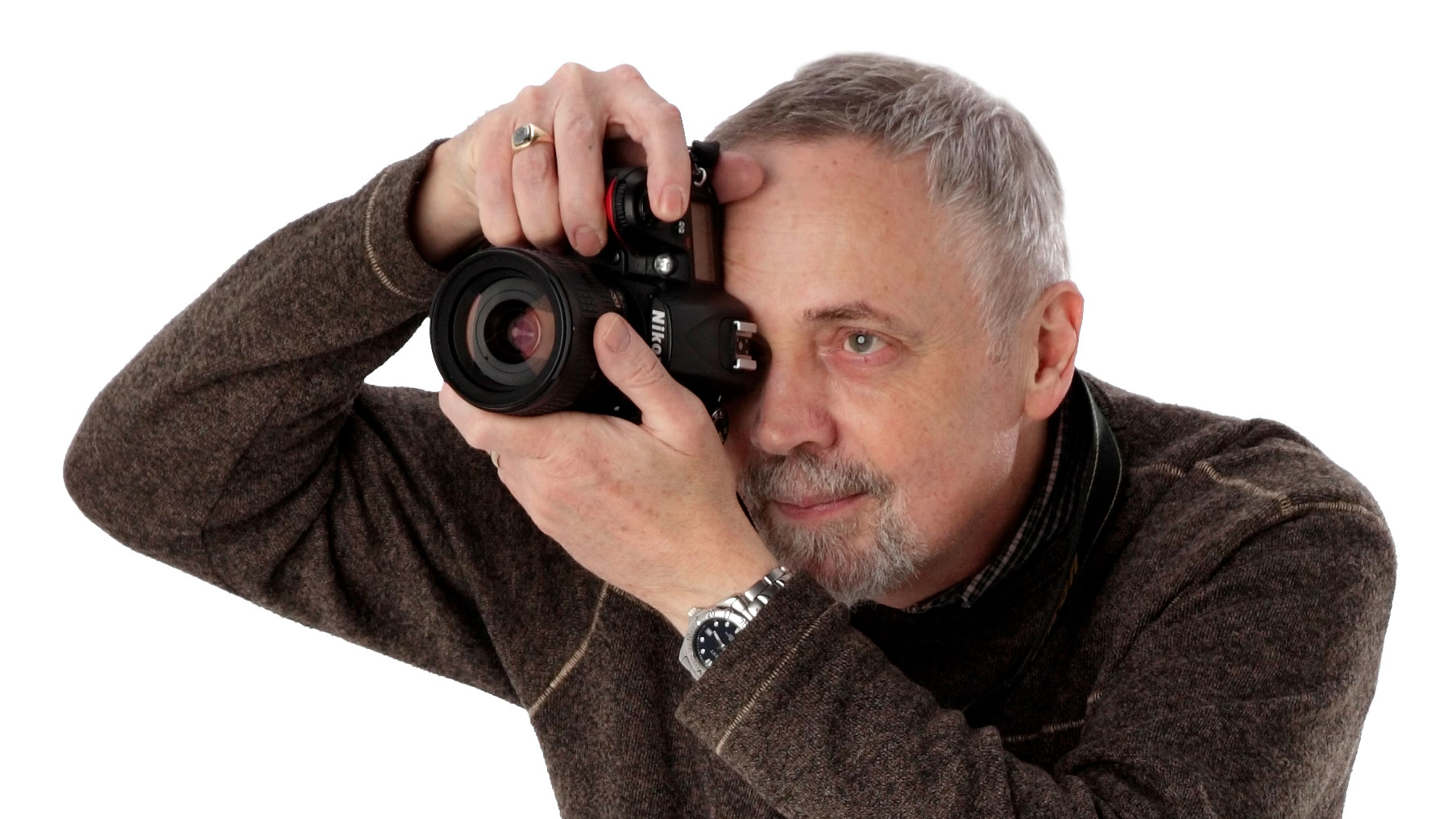
Rod is an independent photography journalist and editor, and a long-standing Digital Camera World contributor, having previously worked as DCW's Group Reviews editor. Before that he has been technique editor on N-Photo, Head of Testing for the photography division and Camera Channel editor on TechRadar, as well as contributing to many other publications. He has been writing about photography technique, photo editing and digital cameras since they first appeared, and before that began his career writing about film photography. He has used and reviewed practically every interchangeable lens camera launched in the past 20 years, from entry-level DSLRs to medium format cameras, together with lenses, tripods, gimbals, light meters, camera bags and more. Rod has his own camera gear blog at fotovolo.com but also writes about photo-editing applications and techniques at lifeafterphotoshop.com
